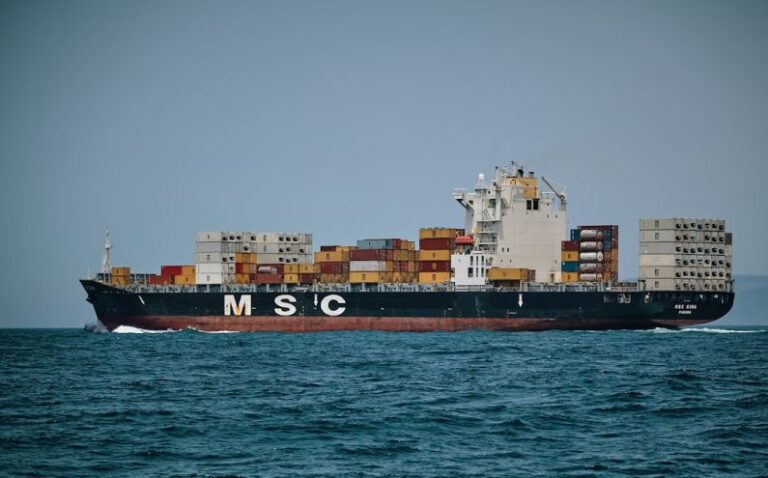The Role of Artificial Intelligence in Logistics
Artificial Intelligence (AI) has revolutionized various industries, and logistics is no exception. The integration of AI in logistics has resulted in significant advancements, streamlining operations, enhancing efficiency, and improving overall customer satisfaction. With the ability to analyze vast amounts of data and make informed decisions in real-time, AI has become a game-changer in the logistics sector.
Enhancing Operational Efficiency
One of the key roles of AI in logistics is optimizing operational efficiency. AI-powered systems can analyze historical data, current trends, and external factors to predict demand accurately. This predictive capability enables logistics companies to optimize their supply chain processes, reduce lead times, and minimize stockouts. By automating tasks such as route planning, load optimization, and warehouse management, AI helps streamline operations and reduce costs significantly.
Improving Demand Forecasting
Accurate demand forecasting is crucial for logistics companies to meet customer expectations and minimize inventory holding costs. AI algorithms can analyze a wide range of data sources, including historical sales data, market trends, and weather patterns, to generate precise demand forecasts. By leveraging AI for demand forecasting, logistics companies can optimize inventory levels, reduce stockouts, and improve customer satisfaction.
Enhancing Route Optimization
Route optimization is a critical aspect of logistics operations, impacting delivery times, fuel costs, and overall efficiency. AI-powered systems can analyze various factors such as traffic conditions, weather forecasts, and delivery schedules to optimize routes in real-time. By dynamically adjusting routes based on changing conditions, AI helps logistics companies minimize delivery delays, reduce fuel consumption, and improve overall fleet efficiency.
Enhancing Customer Experience
In today’s competitive market, providing a seamless customer experience is essential for logistics companies to differentiate themselves. AI technologies such as chatbots and virtual assistants can enhance customer service by providing real-time updates on shipment status, resolving queries, and addressing customer concerns promptly. By leveraging AI to personalize customer interactions and streamline communication channels, logistics companies can enhance customer satisfaction and loyalty.
Improving Inventory Management
Effective inventory management is vital for logistics companies to minimize costs and ensure timely order fulfillment. AI-powered systems can analyze inventory levels, demand forecasts, and lead times to optimize stock levels and prevent stockouts. By automating inventory replenishment processes and identifying slow-moving items, AI helps logistics companies improve inventory turnover rates, reduce holding costs, and enhance overall supply chain efficiency.
Enhancing Supply Chain Visibility
Supply chain visibility is crucial for logistics companies to track shipments, monitor inventory levels, and identify potential bottlenecks in real-time. AI technologies such as Internet of Things (IoT) sensors and blockchain can provide real-time visibility into supply chain operations, enabling logistics companies to proactively address issues and optimize processes. By enhancing supply chain visibility, AI empowers logistics companies to make data-driven decisions, improve operational performance, and enhance overall supply chain resilience.
Driving Sustainability
Sustainability has become a key focus for logistics companies looking to reduce their environmental impact and meet regulatory requirements. AI technologies can help logistics companies optimize routes, reduce fuel consumption, and minimize carbon emissions. By leveraging AI for sustainability initiatives, logistics companies can achieve their environmental goals, reduce operating costs, and enhance their brand reputation.
In conclusion, the role of Artificial Intelligence in logistics is transformative, offering opportunities for logistics companies to enhance operational efficiency, improve customer experience, and drive sustainability. By leveraging AI technologies for demand forecasting, route optimization, inventory management, and supply chain visibility, logistics companies can stay ahead of the competition, meet customer expectations, and achieve long-term success in the ever-evolving logistics industry.






